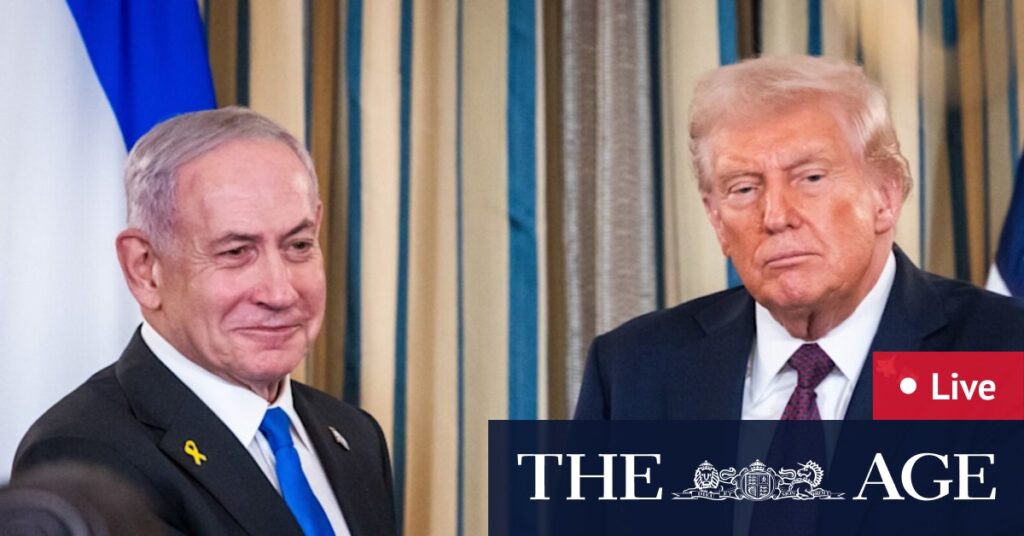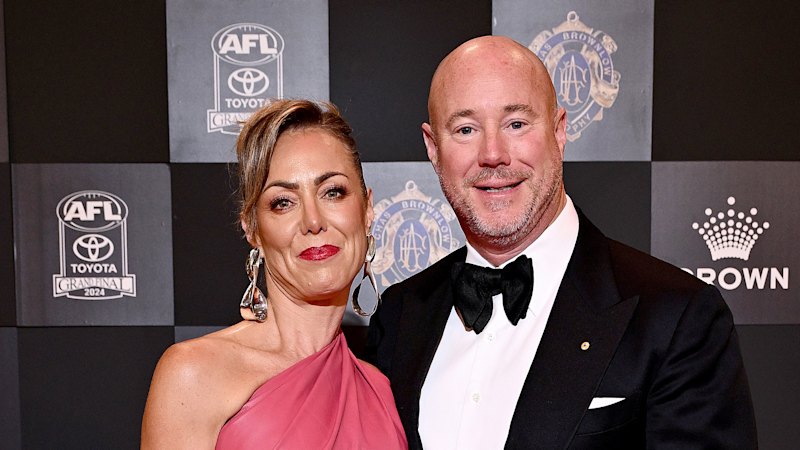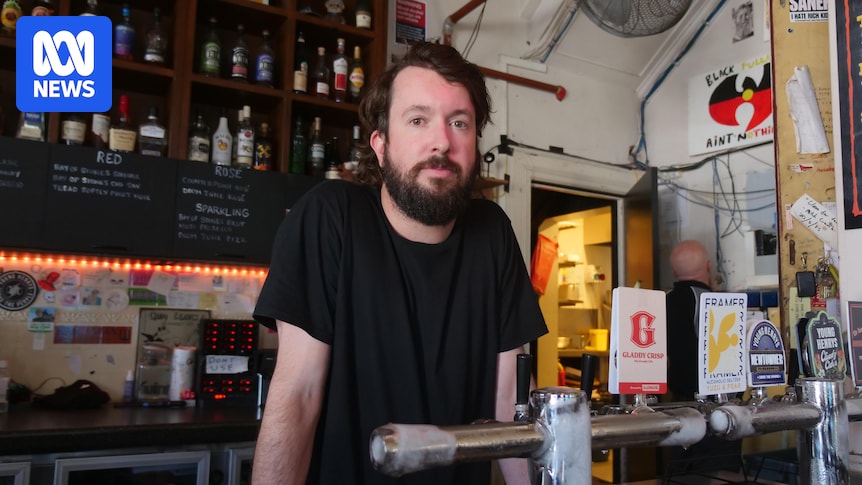
The Reserve Bank of Australia (RBA) has decided to keep interest rates unchanged at 3.6%, while US Senator JD Vance has warned that the country appears to be “headed to a shutdown.” The RBA’s decision comes after three rate cuts this year, with the most recent in August. Meanwhile, the US government faces a looming shutdown as political tensions rise over budgetary decisions.
Communications Minister Anika Wells met with the leaders of Optus and Singtel today following repeated failures by the carrier to support Triple Zero calls. Wells emphasized that Optus CEO Stephen Rue has significant work ahead to restore public trust. The government is expediting legislation for a “Triple Zero guardian,” a recommendation pending for over a year. Singtel CEO Yuen Kuan Moon declined to comment on Rue’s job security.
Global and Local Economic Developments
US President Donald Trump and Israeli Prime Minister Benjamin Netanyahu have announced a plan to end the conflict in Gaza. However, the acceptance of this plan by Hamas remains uncertain. Trump’s 20-point proposal includes establishing a temporary governing board led by himself and former British Prime Minister Tony Blair. The Australian government has expressed broad support for this initiative.
In Australia, the RBA’s decision to maintain the interest rate at 3.6% was anticipated by markets and economists. The bank noted that while inflation has significantly decreased since its peak in 2022, the rate of decline is slowing. This steady rate decision has impacted the Australian sharemarket, which ended in the red due to declines in energy and financial stocks.
Market Reactions and Economic Implications
The S&P/ASX 200 closed down 14 points, or 0.2%, at 8848.80, with energy stocks leading the decline after a drop in oil prices. The Australian dollar rose by 0.4% following the RBA’s announcement. Financial shares also weighed on the market, with major banks like CBA, NAB, ANZ, and Westpac experiencing modest declines.
Gold miners saw gains as bullion prices surged to record highs, driven by a weaker US dollar amid concerns over a potential US government shutdown. Meanwhile, iron ore mining stocks advanced, helping to limit the market’s overall decline.
Political and Social Issues
Opposition Leader Sussan Ley has questioned Prime Minister Anthony Albanese’s awareness of Trump’s Gaza plan, despite his discussions at the UN General Assembly. Ley expressed skepticism about Albanese’s insight into the proposal, while affirming the Coalition’s desire for a peace deal that includes the release of hostages and delivery of humanitarian aid.
In domestic politics, Ley has criticized the government’s spending habits, linking them to the unchanged interest rates. She argued that the government’s fiscal policies are hurting mortgage holders and contributing to economic challenges.
Social and Legal Developments
The NSW industrial court has initiated a six-week case to negotiate a 35% wage increase for nurses and midwives, a move estimated to cost over $10 billion. The union argues that this increase is necessary to address cost-of-living pressures and rectify historical undervaluation of the workforce. The court has requested clarification from the health department on potential service cuts or increased debt to fund the pay rise.
In legal news, a court awarded $93,000 to a music festival attendee for an unlawful strip search, setting a precedent for potential compensation claims in similar cases. This decision could lead to significant financial liabilities for the state regarding past unlawful searches.
Corporate and Cultural Insights
Consultancy firm Kearney has been appointed by Optus to oversee its network following a Triple Zero outage linked to fatalities. This decision follows discussions with government officials and aims to ensure compliance with required standards. Optus has pledged full cooperation with ongoing investigations into the issue.
In cultural news, Australian authors have expressed strong opposition to AI models using their work without compensation. Author Anna Funder likened the practice to colonialism, while Thomas Keneally compared it to fascist tactics used in Nazi Germany. This debate is part of a broader inquiry into the government’s National Cultural Policy and the ethical implications of AI technology.
As these developments unfold, the economic, political, and social landscapes continue to evolve, with significant implications for both domestic and international stakeholders.







